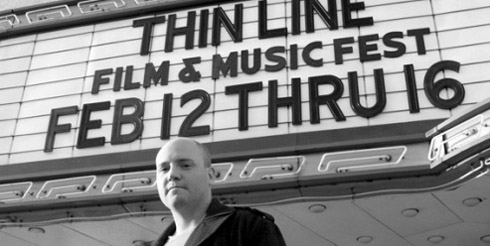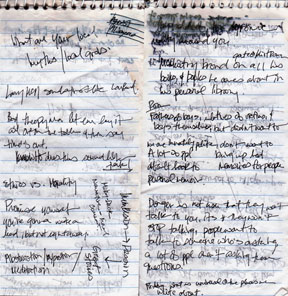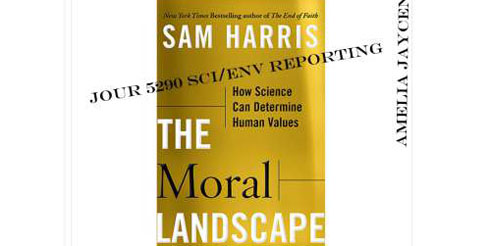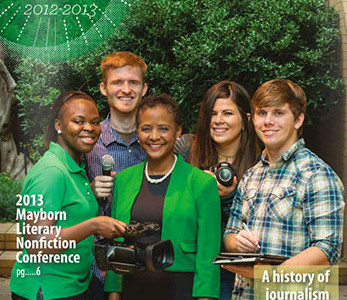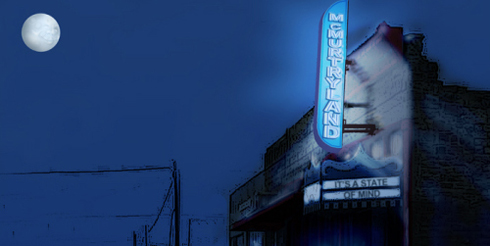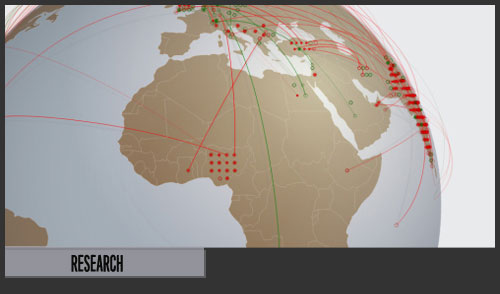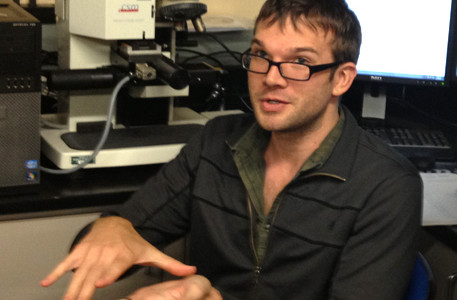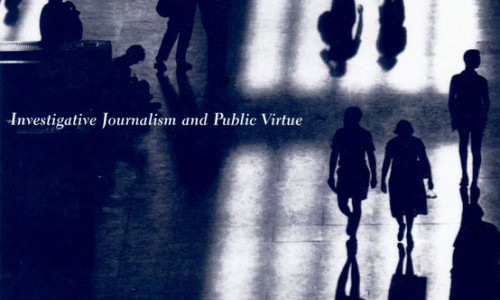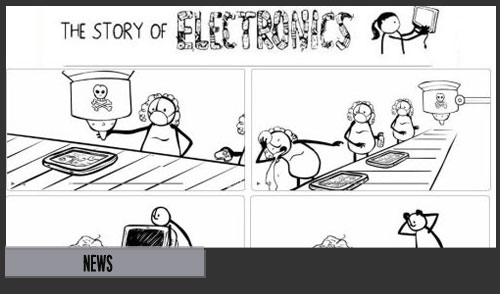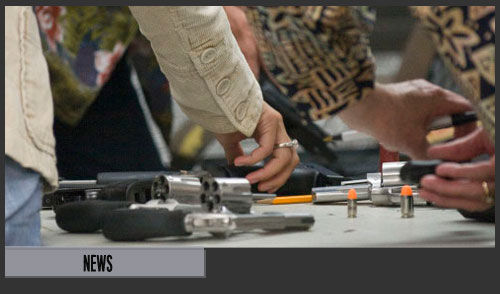The Transfiguration of Objectivity
A review of: Custodians of Conscience by James Ettema & Theodore Glasser
If you’ve ever picked up a book, started reading and found yourself in a whole new world a few days later with what you’re certain is a broader vision – a book that leaves you spinning from the ride and reveling in the valuable morsels of wisdom that now have become yours – you will enjoyCustodians of Conscience. This is especially true for anyone looking for an angle on the very essence of what makes journalism a powerful societal tool and a darn tough job.
James Ettema and Ted Glasser spent a decade compiling interviews with journalists’ journalists – the ones seen not only by their peers but by awards organizations such as the Pulitzer, Alfred I. duPont-Columbia University, and Investigative Reporters and Editors (IRE), as exceptional at their craft. These interviews are coupled with excerpts from the award winning stories of those journalists and a critical look at the methodologies and practices that surrounded the making of those great works of investigative journalism.

This text is timeless: still strikingly fresh in today’s atmosphere in which reporters of all walks are questioning what they thought they knew about the role of journalism in society and audiences are severely disenchanted with traditional journalism.
The book not only confirmed my hunch that investigative journalism is the most potent form of journalism, but took that premise deep within social philosophy, cultural studies, politics, and historiography to create a picture of this stringent form of journalism that touches base on a number of different planes but never stays long.
Glasser and Ettema address some of the oldest canons of journalism – and reveal them in the work of their subjects – but in the very same breathe as they critically deconstruct those norms in order to give way to an interesting new language about journalistic practice.
Familiar themes that have always run current in journalistic work: verification, truth, value, credibility, irony, objectivity, are here placed in new light by referencing progressive thinkers and notable authors in a variety of disciplines. The authors introduce and educate us on the application of terms like “the irony of irony” and “the transfiguration of objectivity”, moral discourse, public indignation, and solidarity.
